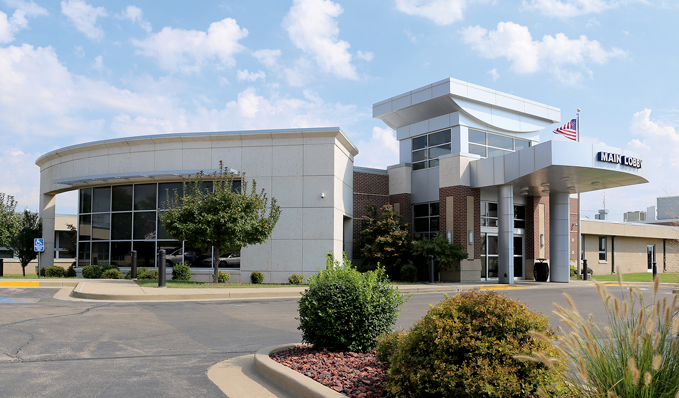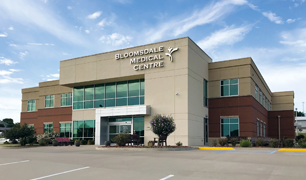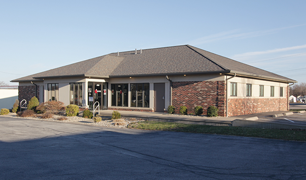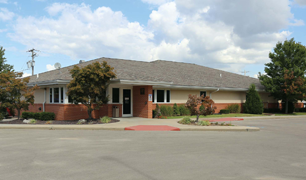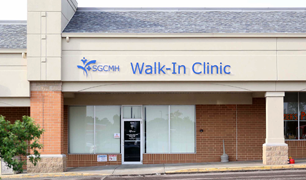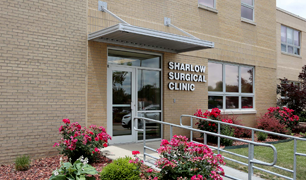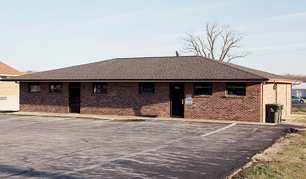The SGCMH Emergency department medical team consists of RNs, physicians, technicians, and receptionist who provide assistance with laboratory tests, x-rays and other imaging tests, EKGs, and respiratory care and treatments. This medical team is trained to treat all types of medical emergencies and is here to assist you 24 hours a day, 365 days a year.
Ste. Genevieve County Memorial Hospital Emergency department is a Level III Stroke Center and a Level IV STEMI Center with 24-hour access to stroke neuro-specialists and state of the art technology for consultative and diagnostic services.
Services such as orthopedics, cardiology, neurology and psychiatric services are available to patients through consulting specialists.
When it's Time to Visit the ER
The Emergency department serves critically ill and/or seriously injured persons. Emergency departments also have equipment and supplies to treat patients that non-emergency facilities may not. An emergency medical team treats the immediate medical needs of a patient and then refers the patient to a non-emergency professional for follow up care.
Some of the most often seen emergencies include:
- Injuries from accidents or falls at work or at home
- Heart attacks
- Injuries from motor vehicle accidents
- Stroke symptoms
- Accidental ingestions, overdoses and poisonings
- Severe respiratory issues
After your arrival to the Emergency department, you will meet with a member of the Emergency Medical Team who will evaluate your condition and assign you to the most appropriate area of the Emergency department. The most seriously ill or injured patients are treated first. Every effort is made to provide prompt care for everyone, but due to the nature of emergencies, you may have to wait before you are seen by the Emergency department physician.
During your visit, you will sign a consent form to authorize appropriate medical care determined by the physician and team. A record of your visit is created. After you are evaluated you will be asked about your medical history and personal medical information. You may also have to wait for procedures such as lab tests and x-rays whose results may take time to be obtained and reviewed.
The physician will review test results and a plan of care with you. You will receive written instructions explaining your diagnosis and your home care. If you were prescribed a medication, you will receive information about taking the medication, what it is used for and potential side effects. It is important that you understand and follow home care and medication directions accurately. Patients are responsible for their own care after leaving the Emergency department. Patients are also encouraged to make a follow up appointment to see their family doctor or nurse practitioner. Patients who do not have family doctors will be referred to an appropriate physician to schedule follow-up care. Before leaving the Emergency department you will discuss insurance information with a clerical team member. A copay is requested at the time of service.


